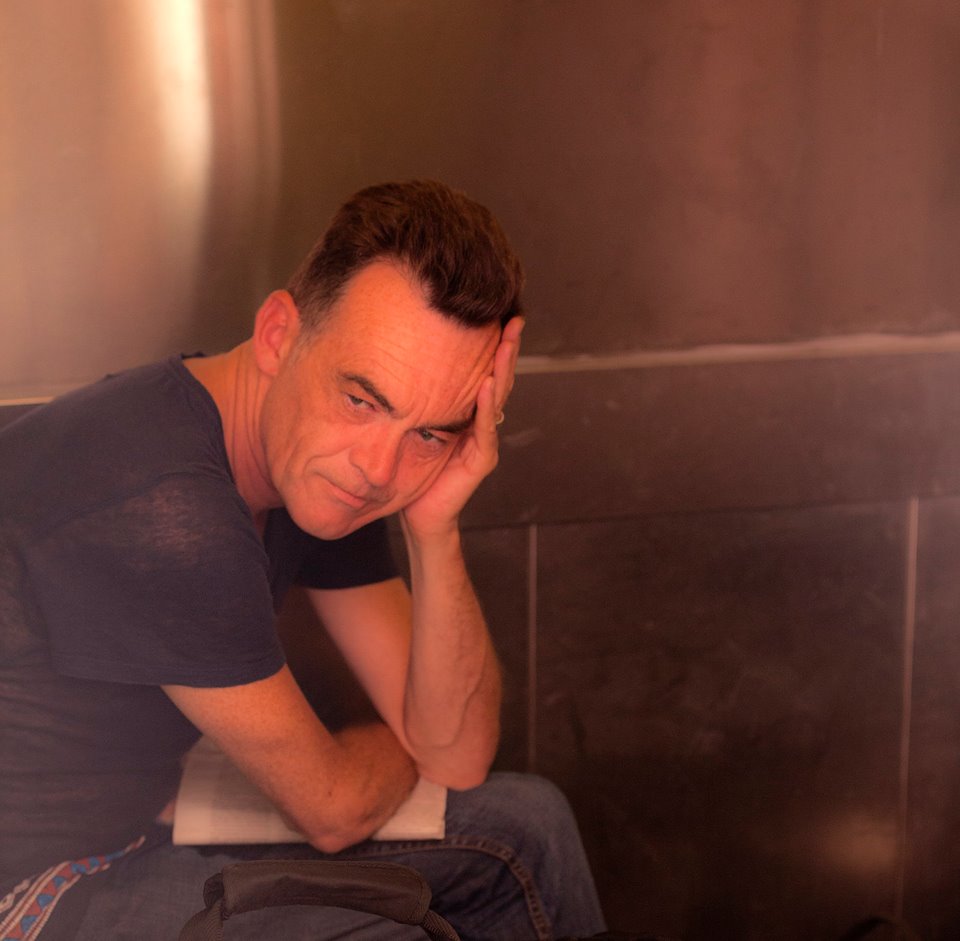“The best which has been thought and said” – Who said it first, and what it really means

Phil Beadle unpacks a borrowed educational rallying cry that has come to signify something rather different to its intended meaning…

- by Phil Beadle

It is a strategy of power to state that schools should be apolitical, without any sense of the ridiculousness of that position, to force children to sing the national anthem and memorise ‘The Charge of the Light Brigade’.
It is a strategy of power to demand balancing ideas to “‘Victim narratives’ that are harmful to British society,” as if such ideas could be balanced – the ‘balancing perspective’ to stating that Black Lives Matter being that they do not.
And it is a strategy of power to direct children in the path of “The best that has been thought and said,” believing that it will “engender an appreciation of human creativity and achievement.”
Where does this idea, ‘the best that has been thought and said,’ come from? Is it simply, and self evidently, a notion that requires no examination, no criticism, no, erm, balancing ideas?
In answer to this, it first appeared in our discourse during the middle years of the last decade when that prince regent of misquotation, Michael Gove, started throwing mangled versions of it around in lofty speeches. It appeared as “The best that has been thought and written” in his speech about the Mister Men and in the same form in a letter to Tim Oates.
The egregious nature of the misquotation proves – of course, and how foolish of anyone to think otherwise – that he had not actually read the source of the quotation.
So, just in case Michael Gove reads Teach Secondary, I’m going to take the liberty of correcting the misapprehension of traditionalists that they are the sole owners of knowledge by providing them with a little of it that some clearly don’t have.
Tumult and disorder
“The best which has been thought and said” is a phrase originated by Victorian poet and HMI, Matthew Arnold. Arnold was the son of Thomas, headmaster of the uncommonly beautiful and very expensive Rugby School (boarding fees currently a whisper shy of £37k per year) during the time that Tom Brown’s School Days was set there.
Matthew Arnold attended Rugby School himself and, while many of the practices at the school – fagging, roasting, smoking out and tossing in a blanket – were barbaric, Arnold, in a rarely acknowledged fact, was decidedly a product of halls of privilege. The phrase appears in his prose piece Culture and Anarchy, which appeared immediately after working class political protest – which Arnold refers to as “tumult and disorder” – had succeeded in securing the vote for working class urban males.
Culture and anarchy are presented as deliberate antitheses: the two potential paths out of what Arnold saw as “our present difficulties”, caused by a working class losing “their strong habits of subordination and deference”.
He saw the need for the middle class to embrace knowledge, so they might be ready to guide the country away from the potential anarchy of working class rule. “Then let the middle class rule once they have perfected themselves,” he wrote in A French Eton.
Fresh thought
Arnold also saw two paths to enacting the will of God (with which middle class rule conveniently coincided) – the Hebraic, the study of the scriptures, or the Hellenic, the study of all knowledge. Arnold embraced the Hellenic, so, quite reasonably, he is a foundational voice for those who would argue for a knowledge-rich curriculum … if only they had read him.
When you just take a phrase that seems to have come from nowhere, that you might dimly misremember from school, and don’t do the research before putting it in important documents like the National Curriculum, you can get things wrong.
Had the people responsible for the National Curriculum read Culture and Anarchy they would have noticed, as Dominic Wyse did in a blog for the IOE, that Arnold recommended engagement with “The best which has been thought and said” in order to “turn a fresh stream of thought onto our stock notions and habits”.
Arnold wished his people to engage with great and historic literature to come up with new ideas beyond their stock responses. But the DfE misuse Matthew Arnold. Far from utilising culture as a springboard for fresh thought, they use it to resurrect the primacy of the stale, the male and the pale; to reinstate the kneejerk paternalism of the private schoolboy – stock notions, check; stock habits, present also – and thereby ensure that children read only books written by white people before the dawning of the 20th century as that, allegedly, “Is the best training for the mind”.
The canonical arguments of right and left often fail to realise one thing. While they tend to agree that a dead, white and (chiefly) male canon will be likely to deliver a more culturally obedient populous, one side argues this is a good thing while the other agues against it.
What is not noticed is that the idea of a repressive curriculum is not necessarily the real impact of the working class’s history of engagement with such books, since these generally exalt freedom and individuality. The way we view such texts in terms of their position in the social space is not necessarily the way readers view them.
The working class child who realises they can understand Shakespeare, Blake and Keats is one who is subject to a profoundly emancipatory epiphany that affects his or her future engagement with the intellectual realm.
As Jonathan Rose writes in The Intellectual Life of the British Working Class, “Contrary to all the intentions of the authors, classic conservative texts could make plebeian readers militant and articulate.”
Accepting this, however, the glib ‘did-my-homework- on-the-bus’ responses of traditionalists are not sufficiently sophisticated on this subject to be taken properly seriously. What the right wing cultural commentators tend to do is to argue for the ‘great books’ approach by erecting a man of straw so sizeable it would be a candidate for a starring role in a remake of The Wickerman. “How patronising,” they say, “to assume Black and white working class children cannot get anything from Shakespeare.” As no one has claimed. Ever.
Ultimately, the misuse of Matthew Arnold is an assertion of the ruling class establishment’s (imagined) cultural superiority. By asserting that there actually is a best that has been thought and said, and locating that best on their home territory, they perform a nakedly political act while deluding themselves that they’re acting apolitically.
Power says there is one legitimate culture for study in schools. Power says any social structure that could have hosted such great books does not have to be altered. Power says that your own culture is a prison of ‘disadvantage’. Power says nothing of worth has been produced in the last 120 years, nor indeed has anything of any cultural worth ever been produced by anyone with dark skin.
Power says betterment is attained by devotion to the development of the internal realm. Power requires you not to notice depraved inequalities in the external world. Power says ‘Here are our gods; they are better than yours.’ Power says worship them, and by extension, the hierarchies that allowed them to be produced. Power says ‘keep politics out of school’ while simultaneously loading your plate with heaps of poorly concealed propaganda.
That is what “the best that has been thought and said” is all about. It is a wolf clad in fairy’s clothes, hoping no one notices it’s a wolf.
Phil Beadle is an experienced teacher, author, broadcaster, speaker, and journalist; his latest book, The Fascist Painting: What is Cultural Capital? (John Catt, £16) is a wide-ranging exploration of ‘cultural capital’, its meaning and place within the school curriculum. For more details, visit philbeadle.com or follow @PhilBeadle







